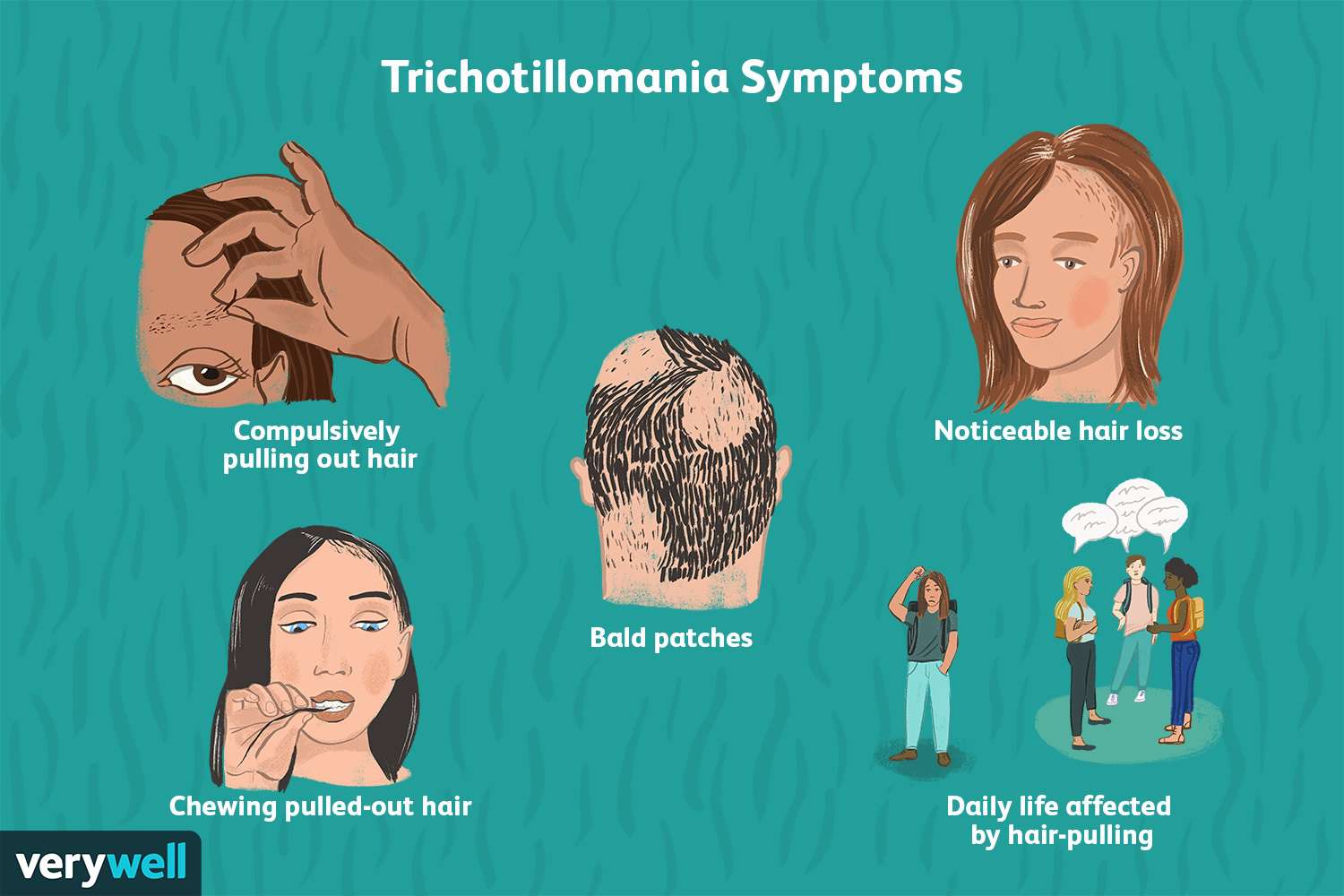Electrophysiology is a specialized field of medicine that focuses on the electrical activity of the heart. Electrophysiologists diagnose and treat heart rhythm disorders, also known as arrhythmias.
What is an Arrhythmia?
An arrhythmia is an abnormal heart rhythm. It occurs when the electrical signals that control the heart’s pumping action are disrupted. Arrhythmias can range from mild to severe and can cause a variety of symptoms.
Common Arrhythmias
- Bradycardia: A slow heart rate.
- Tachycardia: A fast heart rate.
- Atrial fibrillation: A common type of arrhythmia where the upper chambers of the heart (atria) beat rapidly and irregularly.
- Ventricular tachycardia: A rapid heart rate originating in the lower chambers of the heart (ventricles).
- Ventricular fibrillation: A chaotic heart rhythm in the ventricles, which can be life-threatening.
Electrophysiology Studies
Electrophysiologists use a variety of tests to diagnose and study arrhythmias. These tests may include:
- Electrocardiogram (ECG or EKG): A test that records the electrical activity of the heart.
- Holter monitor: A portable device that records the heart’s rhythm for 24 hours or longer.
- Event recorder: A device that records the heart’s rhythm when you press a button to indicate symptoms.
- Electrophysiology study: A procedure performed in a hospital to diagnose and treat arrhythmias. During this procedure, a catheter is inserted into the heart to record the electrical activity and identify the source of the arrhythmia.
Treatment of Arrhythmias
The treatment for arrhythmias depends on the type and severity of the condition. It may include:
- Medications: Medications can help control heart rate and rhythm.
- Pacemakers: Pacemakers are used to treat slow heart rates or certain types of arrhythmias.
- Defibrillators: Defibrillators are used to treat fast, dangerous heart rhythms.
- Ablation: A procedure that uses heat or cold to destroy abnormal heart tissue that is causing the arrhythmia.
Electrophysiology is a specialized field that plays a crucial role in the diagnosis and treatment of heart rhythm disorders. If you have symptoms of an arrhythmia, it’s important to see a cardiologist who specializes in electrophysiology.



